Oman/09 May 2017/By ONA/Source: http://timesofoman.com
To help prepare a plan for education in accordance with the future trends identified in the 9th and 10th national development plans, a seminar was organised on Monday by the Education Council.
The seminar was organised at Al Wahat Club in Muscat today a seminar on “Education, Development Trends, and Current and Future Employment Opportunities in the Labour Market” under the patronage of Dr. Rawya bint Saud al-Busaidiyah, Minister of Higher Education, Chairperson of the Education Council.
The seminar aimed at preparing a procedural plan on the actions required by the variety of bodies responsible for education and employment in accordance with the future trends of the economic sectors identified in the 9th and 10th national development plans.
The seminar also aimed at identifying the global trends related to the 4th Industrial Revolution and the implications on education and the labour market, identifying the current economic situation in the Sultanate and its future trends, as well as the implications on education and employment. It also aimed at identifying the outcomes of the national project on the alignment of higher education outcomes with needs of the labour market and arriving at clear insights into the aspects and quality of the programs and disciplines required for the labour market, as well as the mechanisms to monitor future needs in jobs and professions in various sectors.
After opening the seminar, the Minister of Higher Education said that the seminar aimed at exploring the appropriate mechanisms through which needs of various development sectors in the Sultanate can be closely viewed to identify disciplines and skills that can be offered in the future as academic programs at government and private higher education institutions.
She stressed the importance of conducting revision by those concerned with education and employment, planning and supervision of economic activities in various sectors in the Sultanate.
The seminar touched on three key themes namely the 4th Industrial Revolution and its implications on education and the labour market, the current economic situation in the Sultanate and its future trends, as well as the implications on education and employment and the national project on the alignment of higher education outcomes with the needs of the labour market.
Dr. Said bin Hamad al-Ruba’iee, Secretary General of the Education Council gave a presentation reviewing an overview on basic topics of the seminar, stages of its preparations, its objectives and statistics about higher education Outputs expected in the five-year plan.
He also touched on the 4th Industrial Revolution and its implications on education and employment. Dr. al-Ruba’iee also reviewed the discussion workshops, which were held in September 2016 and February 2017.
The seminar included three discussion workshops. The session was moderated by Eng. Mohammed bin Salim al-Busaidi, Member at Majlis A’Shura. The session included the first working paper on the National Project on the Alignment of Higher Education Outcomes with the Needs of the Labour Market. The paper was co-presented by Dr. Salim bin Zuwaid al-Hashmi, Chairman of the Project’s Administrative and Financial Committee as Representative of the Sultan Qaboos University (SQU) and Sheikha bint Mohammed al-Mukhainiyah, Member of the Project’s Executive Committee.
Professor Costas Chryssou, Deputy Vice Chancellor of Muscat University for Enterprise and Engagement presented the second working paper on the Global Trends related to the Fourth Industrial Revolution, and the Implications on Education and the Labour Market.
The third working paper themed the Current Economic Situation in Oman and its Future Trends, and the Implications on Education and Employment, was presented by Sayyid Dr. Adham bin Turki al-Said, Assistant Professor at the SQU College of Commerce and Political Sciences.
Various government and private institutions representing sectors of education, business and planning in the Sultanate, as well as health, tourism, agriculture, fisheries, mining, logistics, transport and communications sectors took part in the seminar.
The seminar’s opening ceremony was attended by ministers, honourable members at the State Council, undersecretaries and members at Majlis A’Shura.
Source:
http://timesofoman.com/article/108588/Oman/Education/Oman-Education-Council-seminar-discusses-future-trends
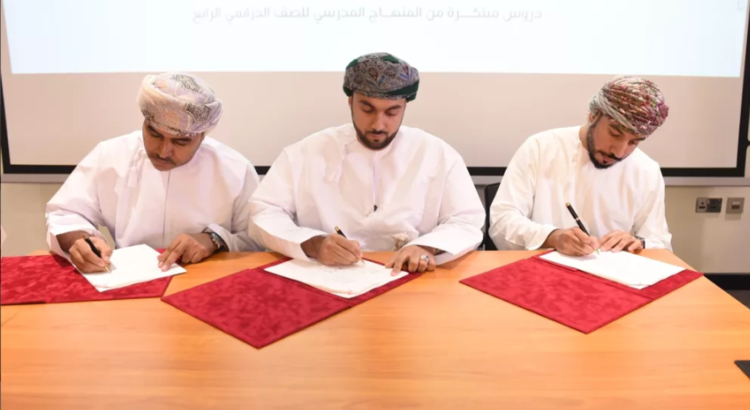
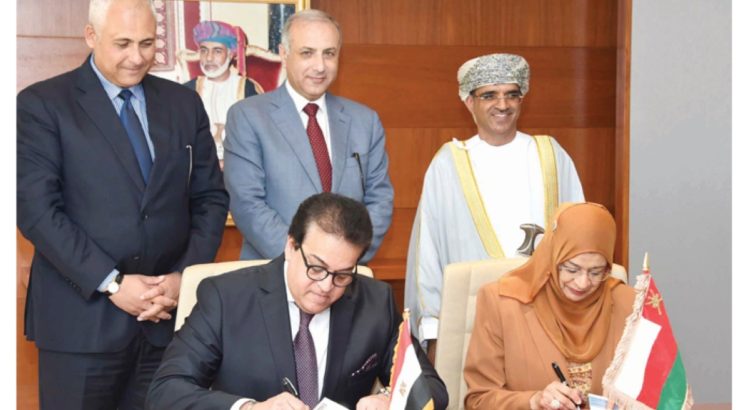
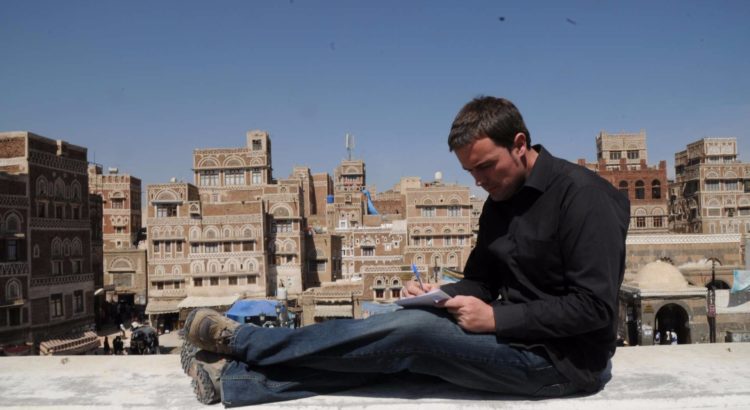
 Donald Trump va a mandar miles de soldados a Afganistán. Pero, ¿acaso les ha preguntado a los afganos lo que necesitan?
Donald Trump va a mandar miles de soldados a Afganistán. Pero, ¿acaso les ha preguntado a los afganos lo que necesitan?

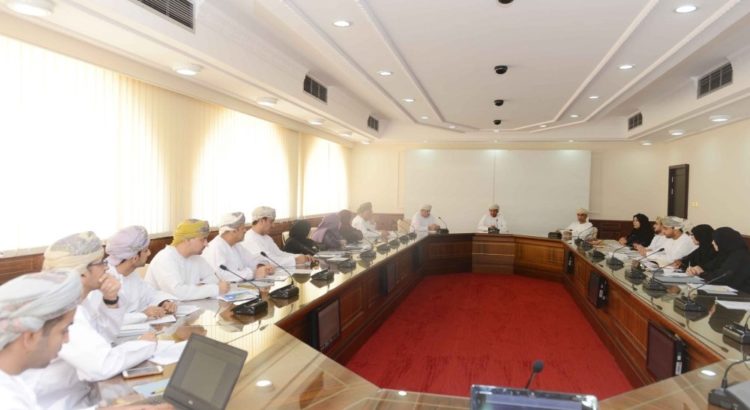
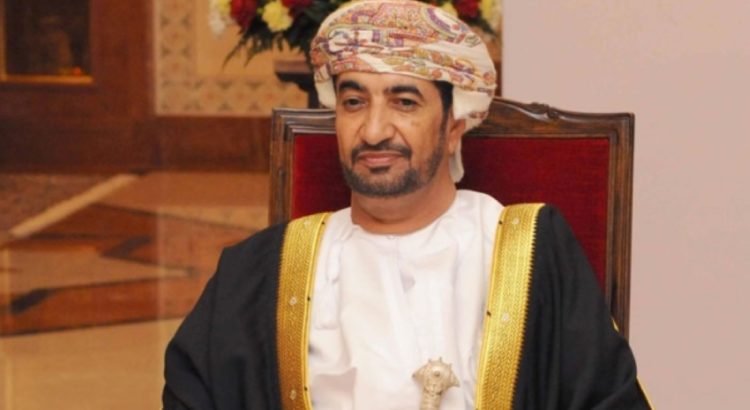
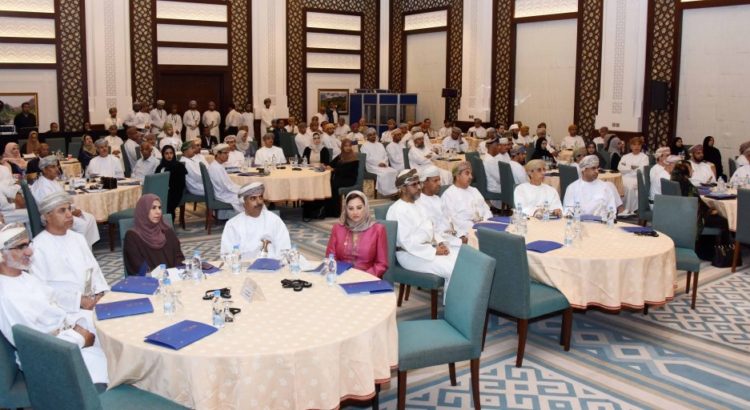
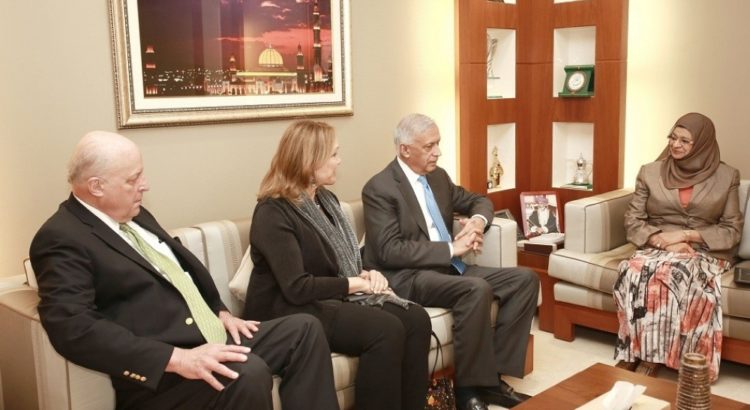






 Users Today : 161
Users Today : 161 Total Users : 35459756
Total Users : 35459756 Views Today : 307
Views Today : 307 Total views : 3418279
Total views : 3418279